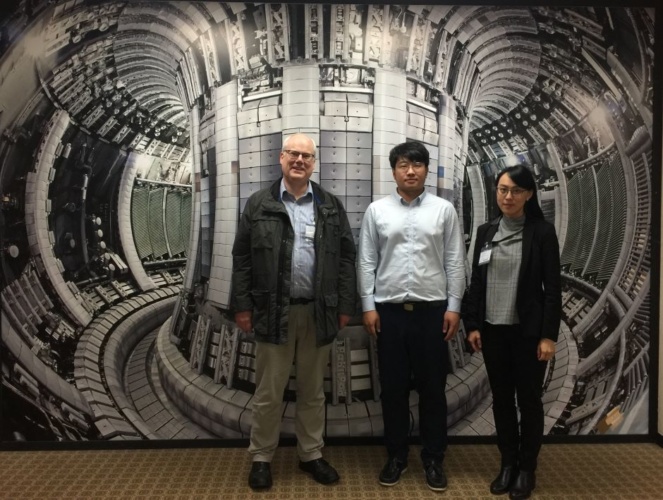Surrey to evaluate weld integrity of fusion plant steel
Materials engineers at Surrey University are gathering data and developing a simulation model to prove whether welds are safe and effective to use in future fusion energy plants.

The Surrey research team said it will use its expertise to upgrade stress measurement techniques that can allow scientists to map the residual pressure within a volume of steel, rather than in single points. The work is being carried out in an international collaboration with partners that include the UK Atomic Energy Authority’s fusion research centre in Culham, and STFC’s ISIS Neutron and Muon Source.
In a statement, research leader Dr Tan Sui, senior lecturer in Materials Engineering at Surrey University, said: “Developing techniques and introducing new approaches to UK research is essential if we’re to move towards energy generated through fusion, which could be a key part of the world’s long-term energy needs by the second half of this century.
"Our next step is to process the data acquired through these processes into a simulation model which will enable us to accurately predict the residual stress on EUROFER 97 steel joints after welding.”
Register now to continue reading
Thanks for visiting The Engineer. You’ve now reached your monthly limit of news stories. Register for free to unlock unlimited access to all of our news coverage, as well as premium content including opinion, in-depth features and special reports.
Benefits of registering
-
In-depth insights and coverage of key emerging trends
-
Unrestricted access to special reports throughout the year
-
Daily technology news delivered straight to your inbox










UK Enters ‘Golden Age of Nuclear’
Apologies if this is a duplicate post - a glitch appears to have removed the first one: > While I welcome the announcement of this project, I note...